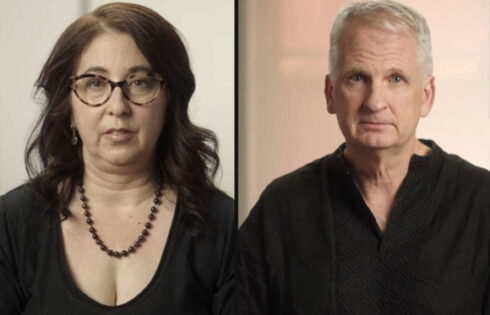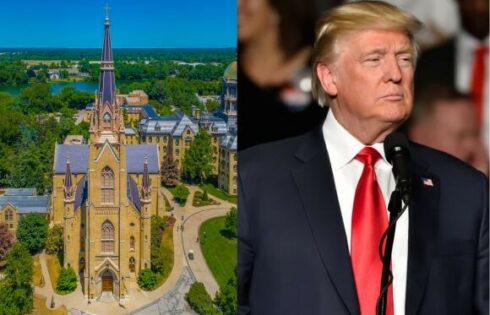
After a year in which public opinion on higher education took a nosedive, one reform-minded watchdog said 2025 appears poised to be a year of change.
John Tomasi, president of Heterodox Academy, said one prediction he has will be to see the continued — and positive — trend of universities adopting institutional neutrality statements.
The academy, which represents scholars nationwide who support free speech, academic freedom and open inquiry, published a model statement of neutrality in February 2024.
The nation has since experienced a wave of neutrality statements that swept universities.
The Heterodox Academy, or HxA, maintains a list of universities that have adopted such positions, and notes in December alone Michigan State University, George Mason University, Colgate University and Dartmouth College joined the ranks. A total of 92 institutions adopted institutional neutrality over the last year.
University presidents had become far too comfortable with making “public statements on controversial topics over the past decade or two,” Tomasi said in a December telephone interview with The College Fix.
Often those statements placated student protesters and reinforced views held widely in academic circles and came with no cost, he said. However, he said, following the Oct. 7 terrorist attack on Israel, “what we all watched [was] a spectacle where presidents made statements and then issued revised statements, then revised the revised statements a few days later.”
With this particular event, Tomasi told The Fix, presidents found themselves in a position where their attempts to please “campus radicals” risked upsetting donors and trustees.
As many university presidents started questioning the wisdom of casually issuing statements regarding national politics and international affairs on behalf of their institutions, the concept of “institutional neutrality popped up on their radar,” he said.
In its basic form, institutional neutrality entails a university adopting a policy of restraint when it comes to university leadership issuing statements on sociopolitical issues that do not directly and specifically concern their university.
Currently HxA is working to distinguish “the universities that have adopted [institutional neutrality] in a thin sense, that is as a temporary measure, perhaps for [their] administration at this moment, as opposed to…a deeper sense that is institutionally a real firm commitment,” Tomasi said.
For institutions to truly adopt such policies and integrate them into their culture, it is not just university presidents that must embrace neutrality — but also deans of colleges and chairs of departments, he said, adding that is especially important because more localized violations of institutional neutrality can be even more pernicious as they are closer to regular faculty and students.
Another issue with which universities will need to contend in the coming year is the End Woke Higher Education Act, previously covered by The College Fix.
Although expected to die in the Senate, experts in higher-education policy, such as the Heritage Foundation’s Adam Kissel and HxA director of policy Joe Cohn, have said they believe parts of the act could be revived in the future.
The act, among other things, called on universities to adopt a commitment to free speech, demanded universities do away with political litmus tests in hiring and admissions, and sought to require universities give student groups equal access to university funds regardless of their religious or political orientation.
These particular aspects of the act, said Tomasi, “are really interesting [and] compatible with HxA values.”
But, he added there are “other things coming too where it’s not so clear.”
“We think there’s likely going to be tenure reform coming – calls to abolish tenure. There’s questions of accreditation. There are some current curricular mandates, which could be considered censorship,” he told The College Fix. “…There’s also going to be, we believe, an increased push to fund schools of civic thought.”
Tomasi said he and his colleagues at HxA are actively discussing their stances on some of these issues.
MORE: ‘Where is the university going?’: Heterodox Academy conference tackles challenges facing higher ed
Like The College Fix on Facebook / Follow us on Twitter






Please join the conversation about our stories on Facebook, Twitter, Instagram, Reddit, MeWe, Rumble, Gab, Minds and Gettr.